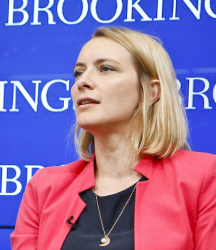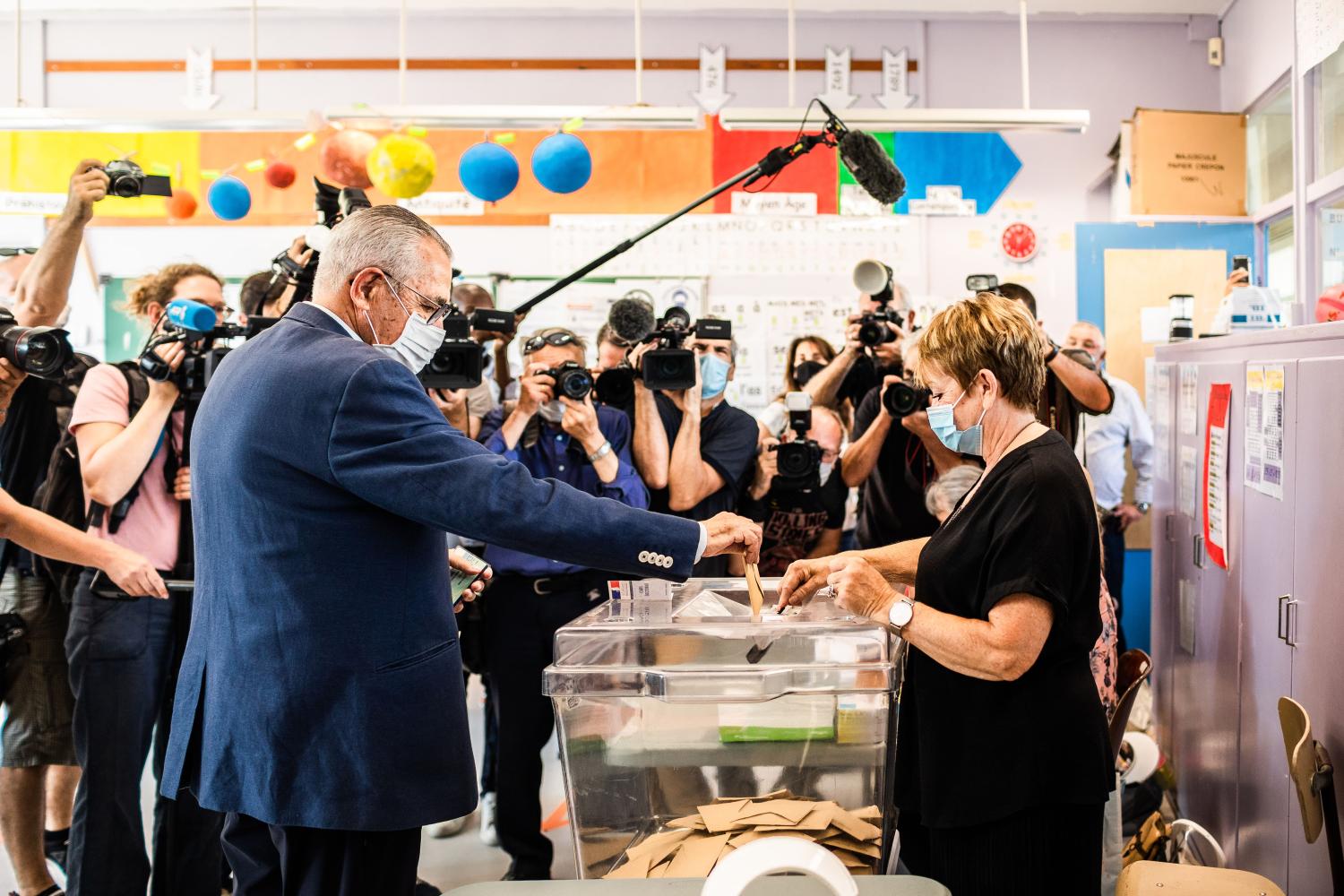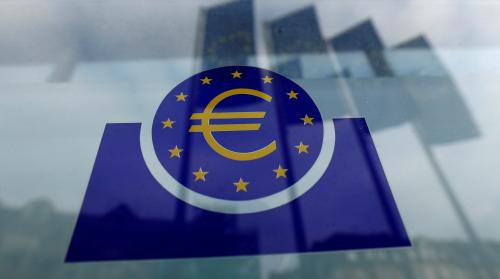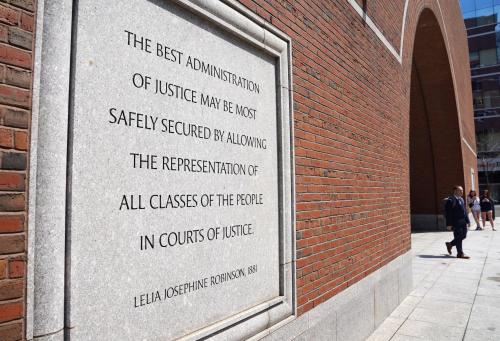Executive Summary
2020 will forever be the year of coronavirus, a cataclysmic event in slow motion that has disrupted people’s lives and disseminated a sense of uncertainty and vulnerability comparable only to times of war.
Pressed by the fast pace of infections while fearing massively disruptive economic impact, political leaders around the world faced the challenge of acting quickly in a fog of scientific uncertainty, leading them to impose (or not impose) lockdown measures limiting personal freedom and democratic participation.
The democratic model has long been under stress, with the rise of homegrown populist and nationalist movements, and external geopolitical threats from resilient authoritarian actors. But COVID-19 created a new kind of stress test, bringing into question globalization, democratic decisionmaking, the reliability of science and information, and ultimately the ability of the democratic model to cope with devastating events.
In this regard, this paper argues that there are five main challenges for democracies after coronavirus: protecting the safety and integrity of elections, finding the right place for expertise, coping with resurgent populism and nationalism, countering homegrown and foreign disinformation, and defending the democratic model. After delineating these challenges, it offers policy recommendations for democratic resilience in the 2020s.
The Brookings Institution is committed to quality, independence, and impact.
We are supported by a diverse array of funders. In line with our values and policies, each Brookings publication represents the sole views of its author(s).








